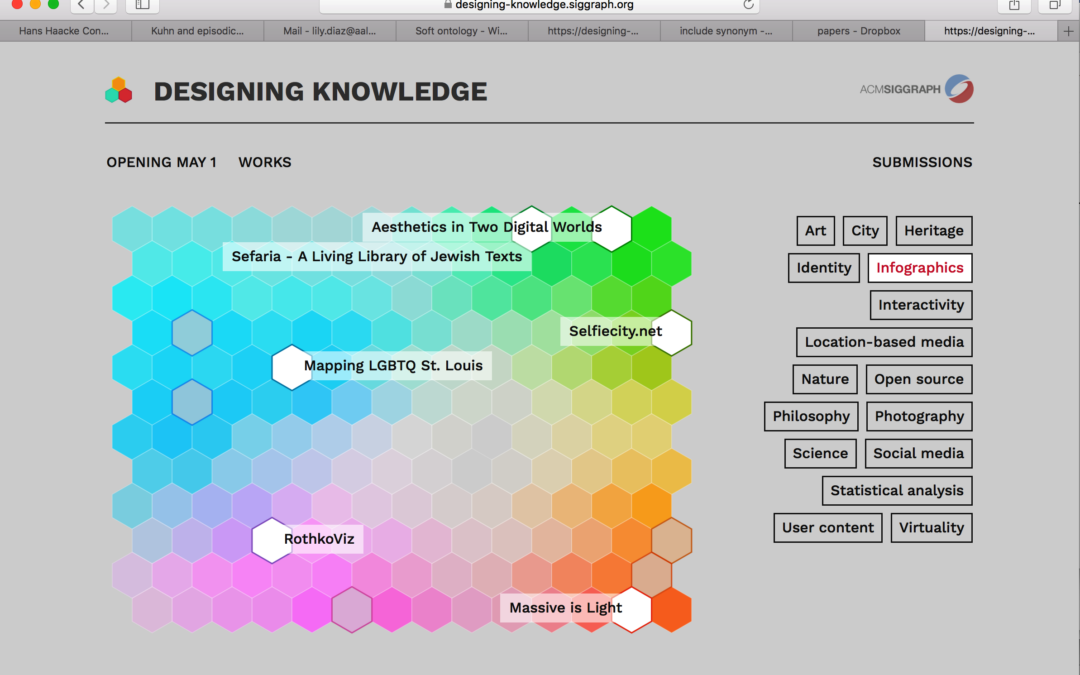Call for Nominations Editor-In-Chief ACM Transactions on Computer-Human Interaction
The term of the current Editor-in-Chief (EiC) of the ACM Transactions on Computer-Human Interaction (TOCHI) is coming to an end, and the ACM Publications Board has set up a nominating committee to assist the Board in selecting the next EiC.
Nominations, including self-nominations, are invited for a three-year term as TOCHI EiC, beginning on September 1, 2018. The EiC appointment may be renewed at most one time. This is an entirely voluntary position, but ACM will provide appropriate administrative support.
The EiC is responsible for maintaining the highest editorial quality, for setting technical direction of the papers published in TOCHI, and for maintaining a reasonable pipeline of articles for publication. He/she has final say on acceptance of papers, size of the Editorial Board, and appointment of Associate Editors. The EiC is expected to adhere to the commitments expressed in the policy on Rights and Responsibilities in ACM Publishing. For more information about the role of the EiC, see ACM's Evaluation Criteria for Editors-in-Chief.
Nominations should include a vita along with a brief statement of why the nominee should be considered. Self-nominations are encouraged, and should include a statement of the candidate's vision for the future development of TOCHI. The deadline for submitting nominations is July 1, 2018, although nominations will continue to be accepted until the position is filled.
Please send all nominations to the nominating committee chair, Cliff Lampe (cacl@umich.edu). The search committee members are:
- Cliff Lampe (University of Michigan), Chair
- Rob Jacobs (Tufts University)
- Caroline Appert (Université Paris-Sud)
- Darren Gergle (Northwestern University)
- Hrvoje Benko (Oculus Research)
- Holly Rushmeier (Yale University), ACM Pubs Board Liaison

